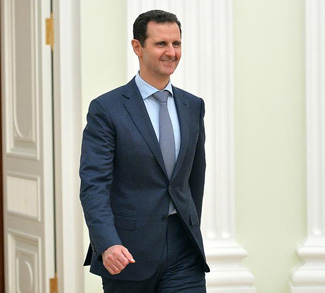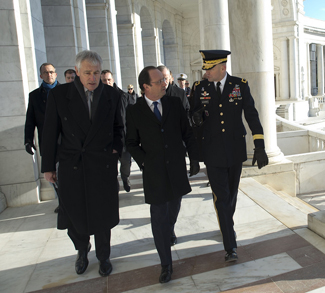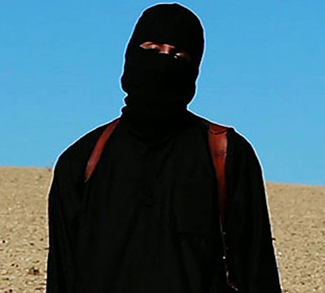Summary
Sudanese President Omar al-Beshir is suspected of trying to avoid an imminent ICC arrest warrant against him by pre-empting western powers in entering into peace negotiations with Darfur insurgents.
Analysis
Last week, the Sudanese government and the most active Darfurian insurgent group, the Justice and Equality Movement (JEM), reached a ‘good faith’ pact in Doha, Qatar. Almost simultaneously, JEM chief Khalil Ibrahim ordered the release of 21 government hostages abducted by the rebels earlier, a move reciprocated by the Sudanese government in the release of 24 imprisoned militants.
The surprising initiation of peace talks between the Sudanese government and the militants comes soon on the heels of reports leaked out of The Hague that the International Criminal Court (ICC) was on the verge of issuing an arrest warrant for crimes against humanity against Sudanese President Omar al-Beshir. The suddenness of the peace talks in Doha has led some international analysts to infer that al-Beshir’s motives behind the negotiations is actually to delay, if not avoid, the ICC’s arrest warrant.
In fact, al-Beshir may have successfully outmaneuvered the western powers since an issuance of an arrest warrant by the ICC would almost certainly doom the nascent peace initiative, condemning the Darfurians to more of the very the atrocities the west (read: ICC) is attempting to prevent.
To this end, the African Union has reiterated a call that the ICC suspend the issuance of any such arrest warrant for at least one year, in order to give the peace initiative a reasonable chance at implementation. Considering that the JEM, as the armed representatives of the Darfurians, are negotiating with al-Beshir, it will be difficult for the ICC to scuttle the peace negotiations in the name of the Darfurians.
Today, al-Beshir is in Egypt seeking Egyptian approval and support of the peace proposal, and, not coincidentally, a vote of confidence that would assist him personally in buffeting against the anticipated imminent ICC arrest warrant.
Geopolitically, what is just as interesting as the developing world’s response to the perceived unequal application of the ICC as against developing world leaders, is the frenzy of diplomatic activity amongst developing countries outside of western hegemony: the reconciliation between Hamas and Fatah is taking place in Egypt without major American or European involvement; the earlier summit in Qatar of Arab states (and Lebanon and Iran) forging the first united Arab anti-Israeli policy since the Yom Kippur War; and the counter summit in Egypt, sponsored primarily by Saudi Arabia, of pro-American Arab states that, nonetheless, appeared to give Israel and the U.S. one final opportunity at peace.
The flurry of events in the Middle East indicate an attempt by various powers and factions of occupying the areas of influence left open in the vacuum created by waning American power.
Ironically, the Darfur conflict itself is generally considered to have begun in February 2003, just as American troops were massing for the invasion of Iraq, one of the countries on Bush’s infamous post-9/11 “list” in November 2001. Sudan was another.
Manjit Singh is a contributor to Geopoliticalmonitor.com



